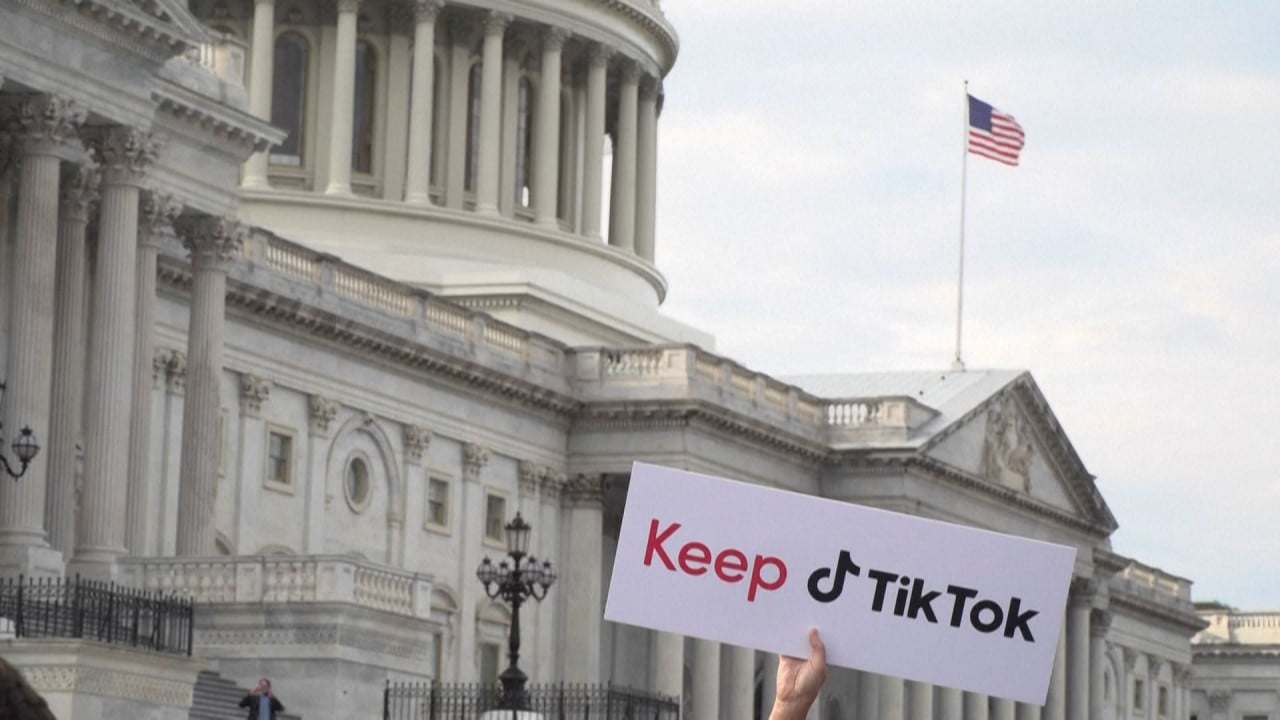
TikTok curbs state-backed media amid foreign influence concerns
- The move comes as the Chinese owned short video app faces a US divest-or-ban ultimatum over concerns it could be used to influence Americans
- The rules affect state-affiliated media accounts’ ability to appear on the platform’s ‘For You’ feed, and stop them from advertising outside their home country
TikTok on Thursday said it was putting restrictions on state-backed media to counter acts of foreign influence on the platform during an important election year in multiple countries.
The move comes after the United States handed TikTok an ultimatum to divest from its Chinese owners or face a potential ban in the US market, based on concerns the app could be used to influence Americans.
Under TikTok’s new policy, state-affiliated media attempting to reach communities outside their home country on “current global events and affairs” will be barred from appearing on the platform’s personalised “For You” feed.
Furthermore, if these accounts advertise on TikTok, they will not be allowed to do so “outside of the country with which they are primarily affiliated”, the company stated.
TikTok defines state-affiliated media as those “whose editorial output or decision-making process is subject to control or influence by a government”.
TikTok also revealed that in the first four months of 2024, it identified and disrupted 15 influence operations and 3,001 associated accounts.
“We found that a majority of these networks were attempting to influence political discourse among their target audience, including in relation to elections,” the company said in a blog statement.
As examples, TikTok cited disrupting a network targeting Indonesians ahead of the country’s presidential elections earlier this year, and another “artificially amplifying narratives” about the domestic political discourse in Britain.

.png?itok=arIb17P0)
